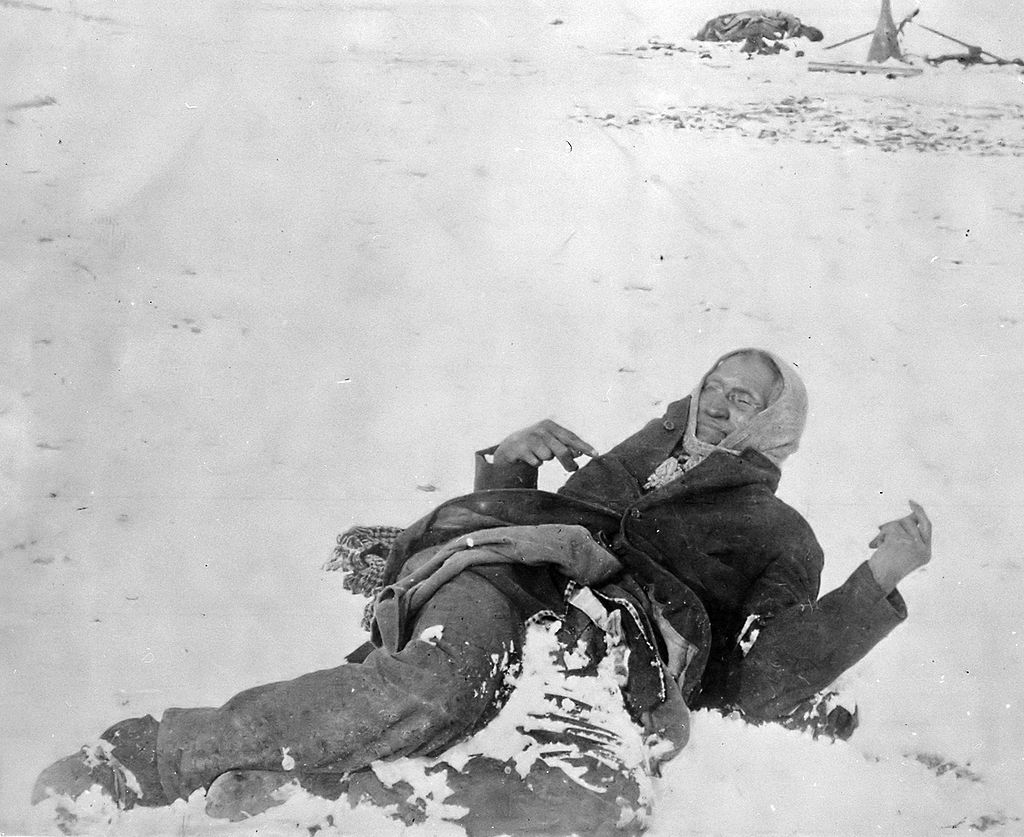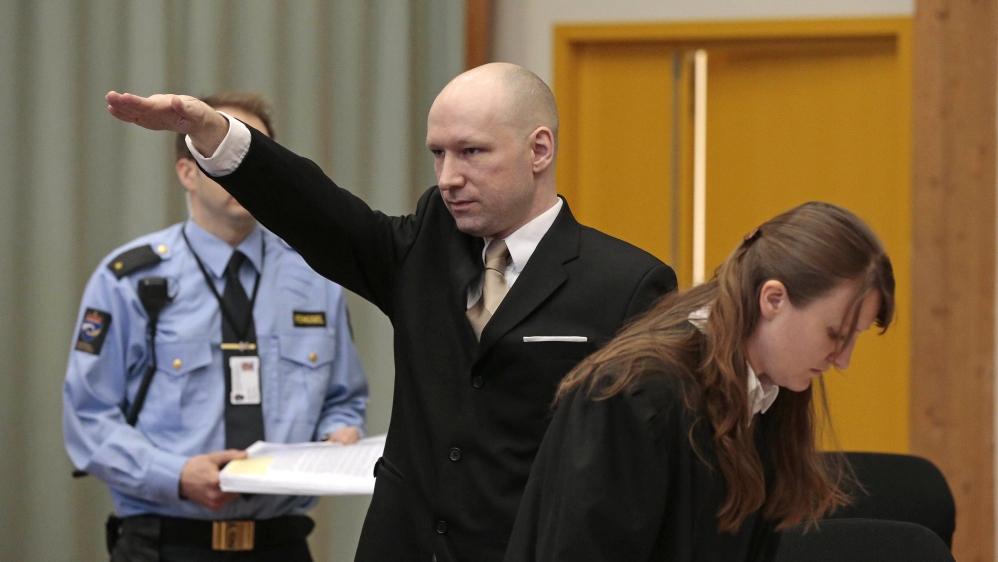"By the way, When do you intend to live? i.e. to enjoy Life. When will you retire to your Villa, give your self Repose, delight in Viewing the Operations of Nature in the vegetable Creation, assist her in her Works, get your ingenious Friends at times about you, make them happy with your Conversation, and enjoy theirs; or, if alone, amuse yourself with your Books and elegant Collections? To be hurried about perpetually from one sick Chamber to another, is not Living. Do you please yourself with the Fancy that you are doing Good? You are mistaken. Half the Lives you save are not worth saving, as being useless; and almost the other Half ought not to be sav’d, as being mischievous. Does your Conscience never hint to you the Impiety of being in constant Warfare against the Plans of Providence? Disease was intended as the Punishment of Intemperance, Sloth, and other Vices; and the Example of that Punishment was intended to promote and strengthen the opposite Virtues. But here you step in officiously with your Art, disappoint those wise Intentions of Nature, and make Men safe in their Excesses. Whereby you seem to me to be of just the same Service to Society as some favourite first Minister, who out of the great Benevolence of his Heart should procure Pardons for all Criminals that apply’d to him. Only think of the Consequences!"
-- Benjamin Franklin, letter to Dr. John Fothergill, March 14, 1764





















